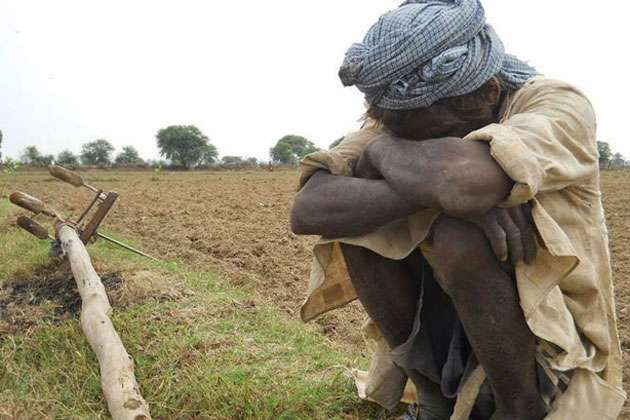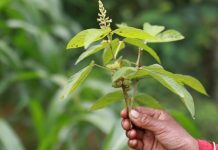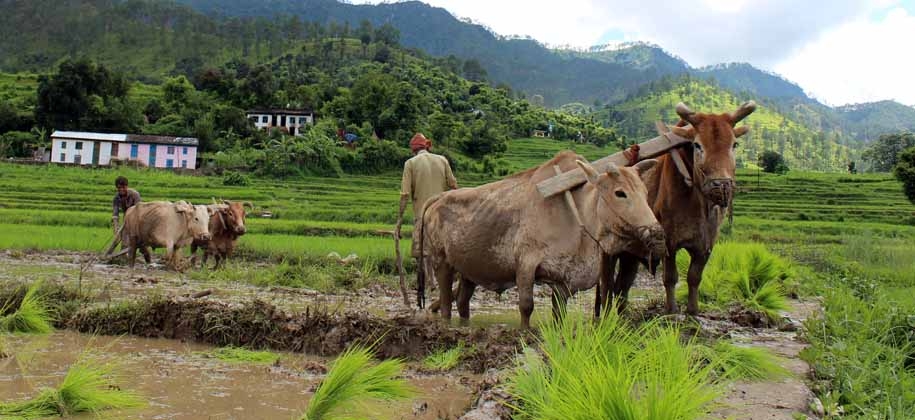The High Court of Gujarat recently rebuked the State Bank of India for not issuing a no dues certificate to a farmer due to the pending dues of just, believe it or not, 37 paise ( not Rs.) in his accounts!
This should be read along with the statistics that the same bank wrote off loans amounting to Rs. 34,402 crore ( one crore=10 million) in the financial year 2020-21.
The difference in the two situations was that most of these loans had been taken by very rich and influential persons or businesses.
However a recent study by this bank of small loans taken by borrowers of modest means ( mostly hawkers) revealed that most of these were paid back as per norms and the record of prompt recovery was quite good. This happened in the context of a government program PM Swanidhi despite many difficulties faced by these borrowers in exceptionally hard times.
Recently there was a scare in villages in Punjab as arrest warrants were issued against the names of nearly 2000 farmers who had not paid their loans taken from the Punjab State Cooperative Agricultural Development Bank.
As the farmers movement in this state is very strong there was a big outcry against this and so the arrest warrants had to be withdrawn by the newly elected government, nevertheless this episode proved to be a cruel reminder that arrest of a farmer for defaulting on a relatively quite small loan still remains a possibility even in a state where farmers unions are supposed to be the strongest in the country.
In fact the worries of their increasing debts, in turn caused by a number of adverse factors, have been a very important reason for the suicides of farmers. Recently in Punjab many farmers have experienced a big reduction of wheat yield due to adverse weather conditions and to issue arrest warrants for non-payment of small loans at this time was a particularly insensitive decision, considering also that a new government has just been elected on promises of justice for farmers. Already about 15 suicides of farmers have been reported from Punjab since the formation of the new AAP government here.
In fact while reporting from Bundelkhand this writer realized on the basis of conversations with several farmer households that non-payment of loans was the main worry of these farmers which ultimately led in some cases to suicides. The banks including rural banks in some cases employed strong musclemen as agents for recovery of loans who used very rude language. Self-respecting farmers dreaded these meetings and some of them chose to end their life. Yet the fact remained that their economic problems and non-payment of loans were caused in most cases by highly erratic and adverse weather conditions in times of climate change over which they had no control.
In addition the loans were often a part of more expensive farming technology which was promoted heavily by a nexus of officials-banks-businesses. As a result of these heavy promotion tactics small farmers who did not really need tractors were led to making this non-viable and certainly avoidable purchase.
I also noticed that some influential, politically well-connected villagers had emerged as middlemen who arranged for easy loans for villagers but only after taking a hefty commission for themselves. They passed on a share of this to bank officials.
Yet another undesirable tendency was that when farmers were to receive or give some amount under various government schemes this would be adjusted in their loan accounts by banks without even informing them.
Due to all these factors indebtedness worries of farmers in most parts of the country have been increasing. However banks have been much less forgiving towards them and other small borrowers compared to rich and influential borrowers. In recent years small entrepreneurs have suffered a lot due to several adverse policies including demonetization, GST and longer than needed lockdowns and hence their capacity to pay back loans has been adversely affected, but they have not generally received a sympathetic hearing from banks.
On the other hand, banks have been piling up bad debts or non-performing assets related to influential and rich borrowers, some of whom have made a habit of living a life of living a high luxury based on clever management of borrowed money.
Since the Modi regime took over in 2014-15, bank loans worth over Rs. 10 lakh crore have been written off ( 10 lakh= million). During the financial year 2020-21 alone around Rs. 2 lakh crore were written off. These dues mostly relate to rich and influential borrowers. During the last 5 years the writing off has amounted to more than double of recoveries. Nearly 75% of such write-offs concern the public sector banks.
What is more in many cases the banks have often refused to disclose the names and details of those persons and businesses whose huge loans have been written off.
Clearly these distortions of the banking system need to be corrected on the basis of urgency.
Bharat Dogra is Honorary Convener, Campaign to Save Earth Now. His recent books include Man Over Machine ( Gandhian Ideas for Our Times) and India’s Quest for Sustainable Farming and Healthy Food.














